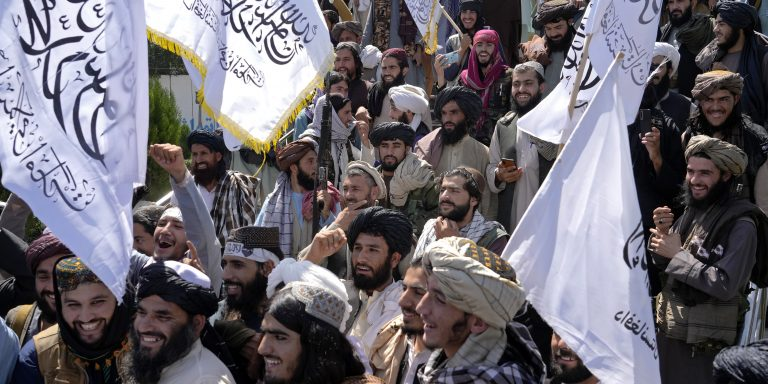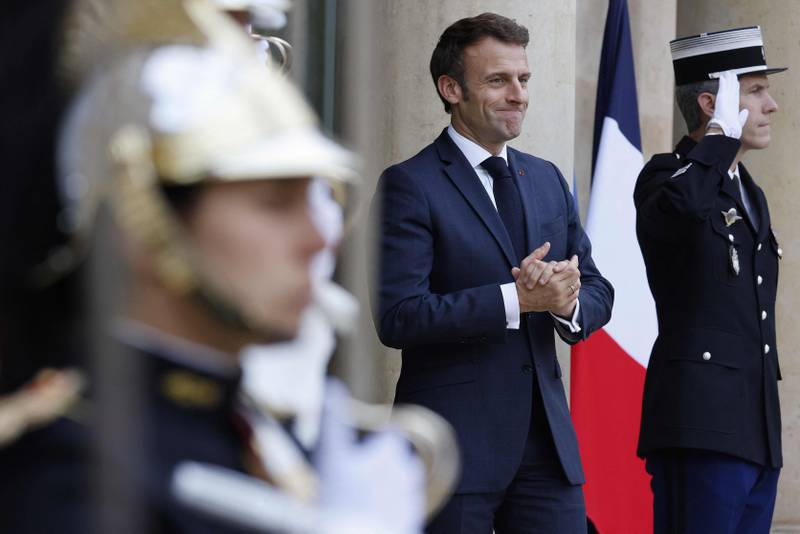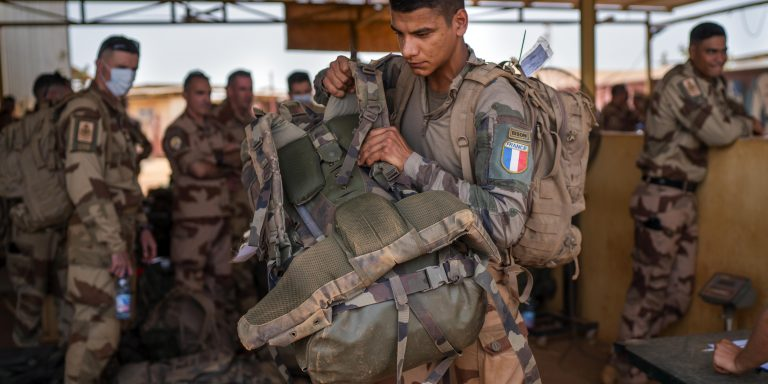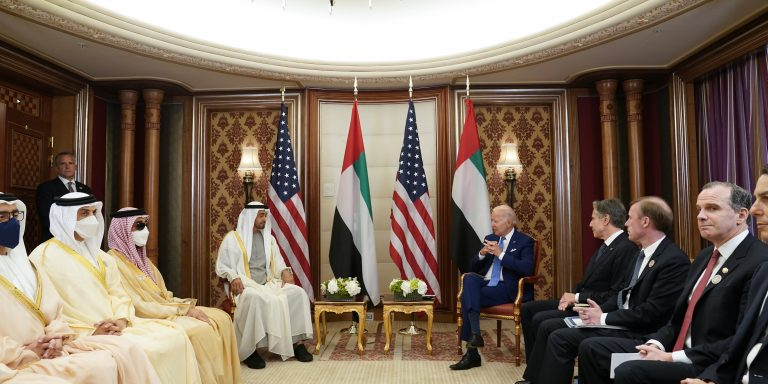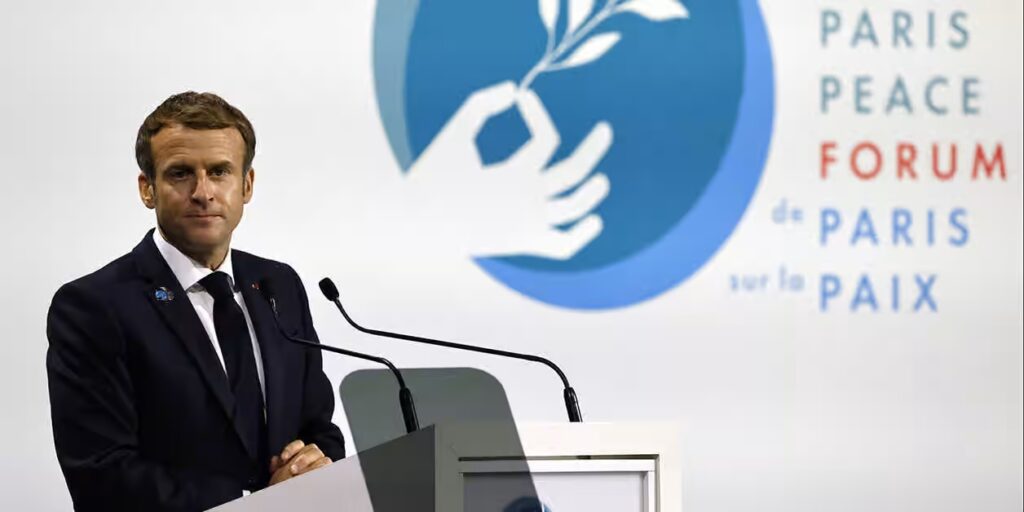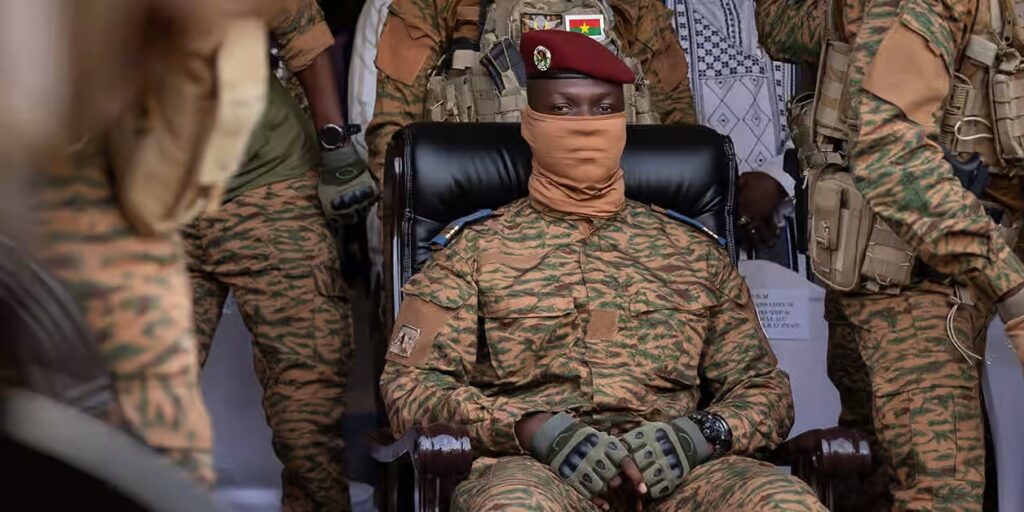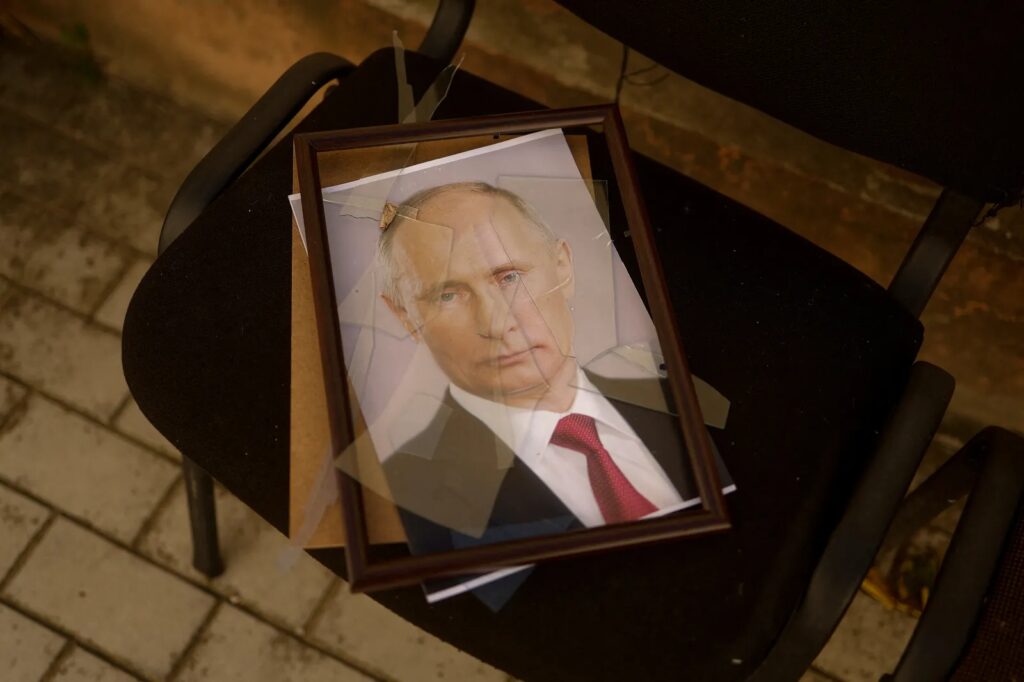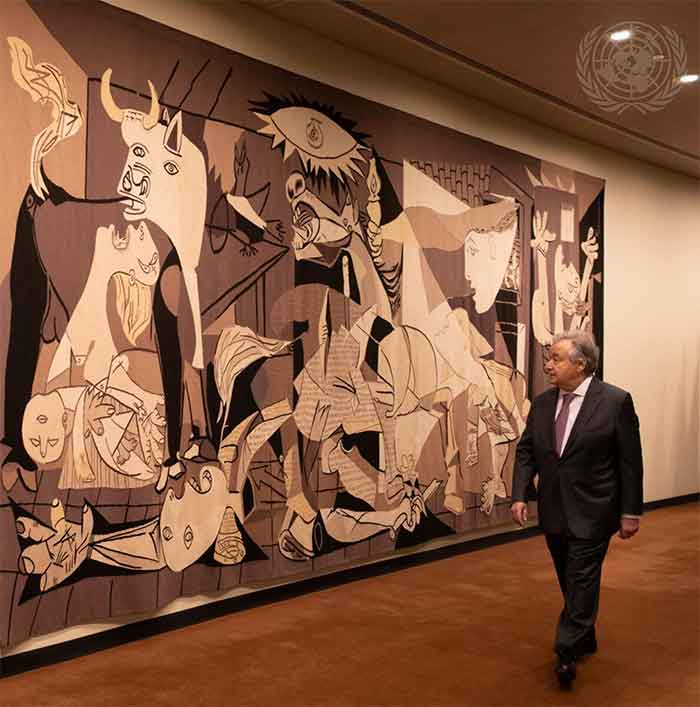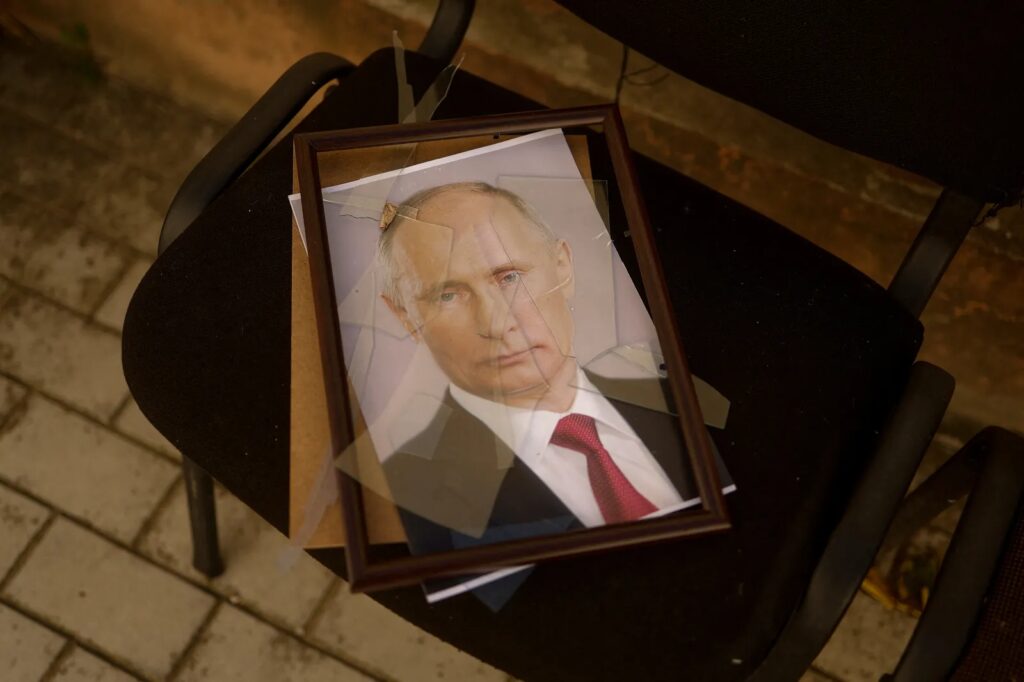Frozen Syria? Assessing the state of play and opportunities for engagement
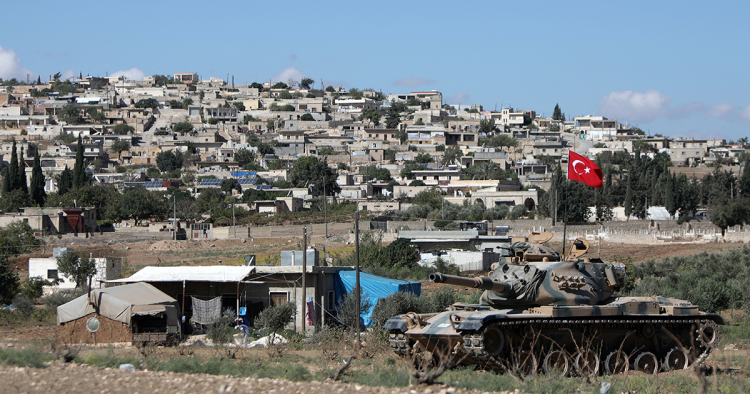
On Sept. 14, the Office of the United Nations High Commissioner for Human Rights released a statement warning that, “Syria cannot afford a return to larger-scale fighting, but that is where it may be heading.” Syria’s frontlines have been frozen since March 2020, and while cross-line and insurgent attacks continue on a near daily basis, the level of violence is significantly reduced compared to previous years.

